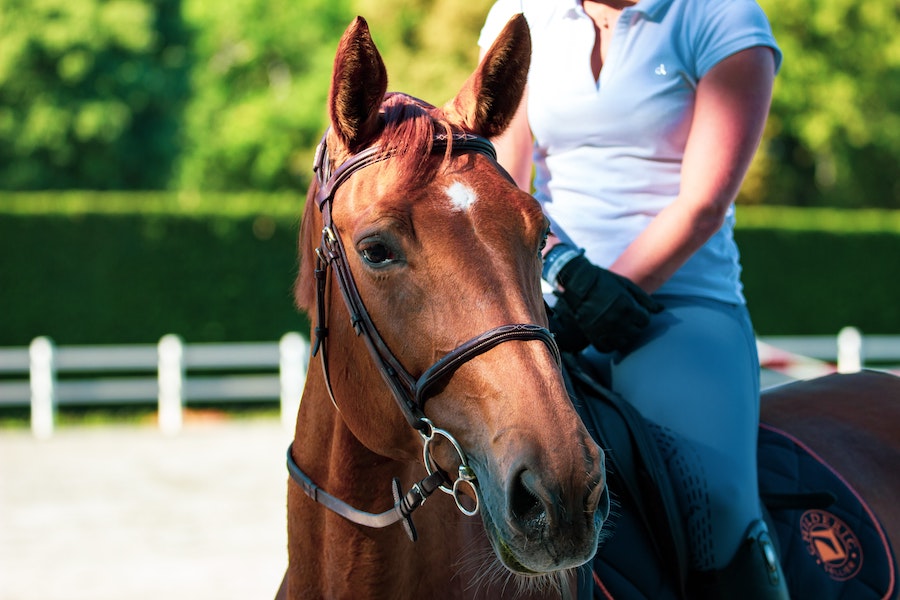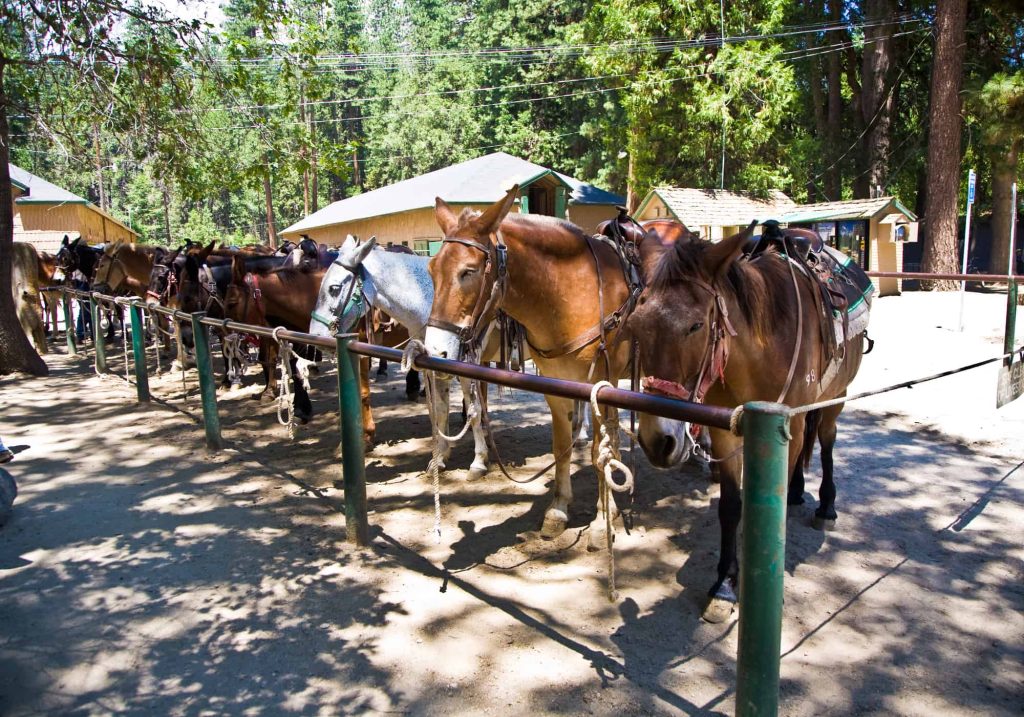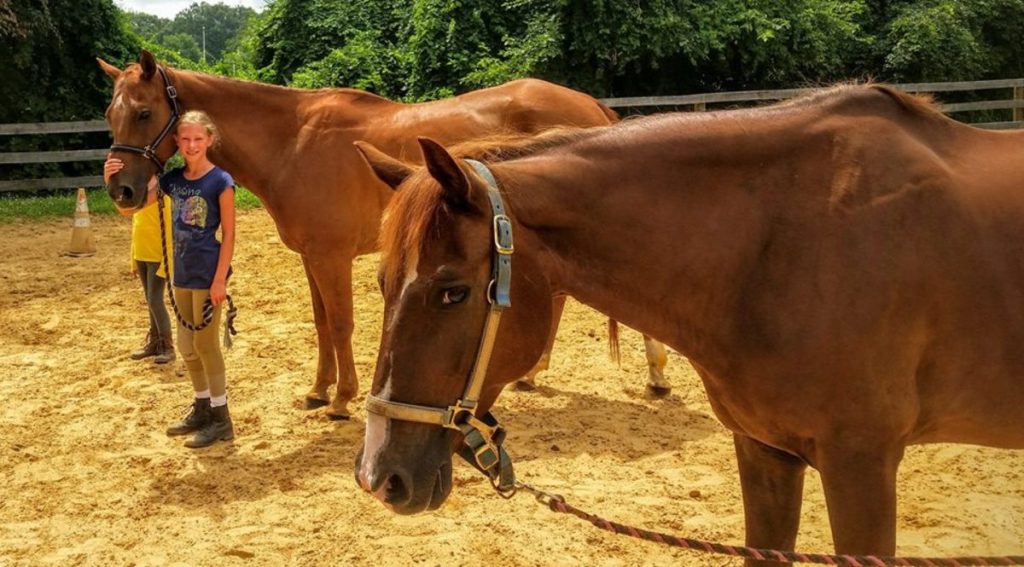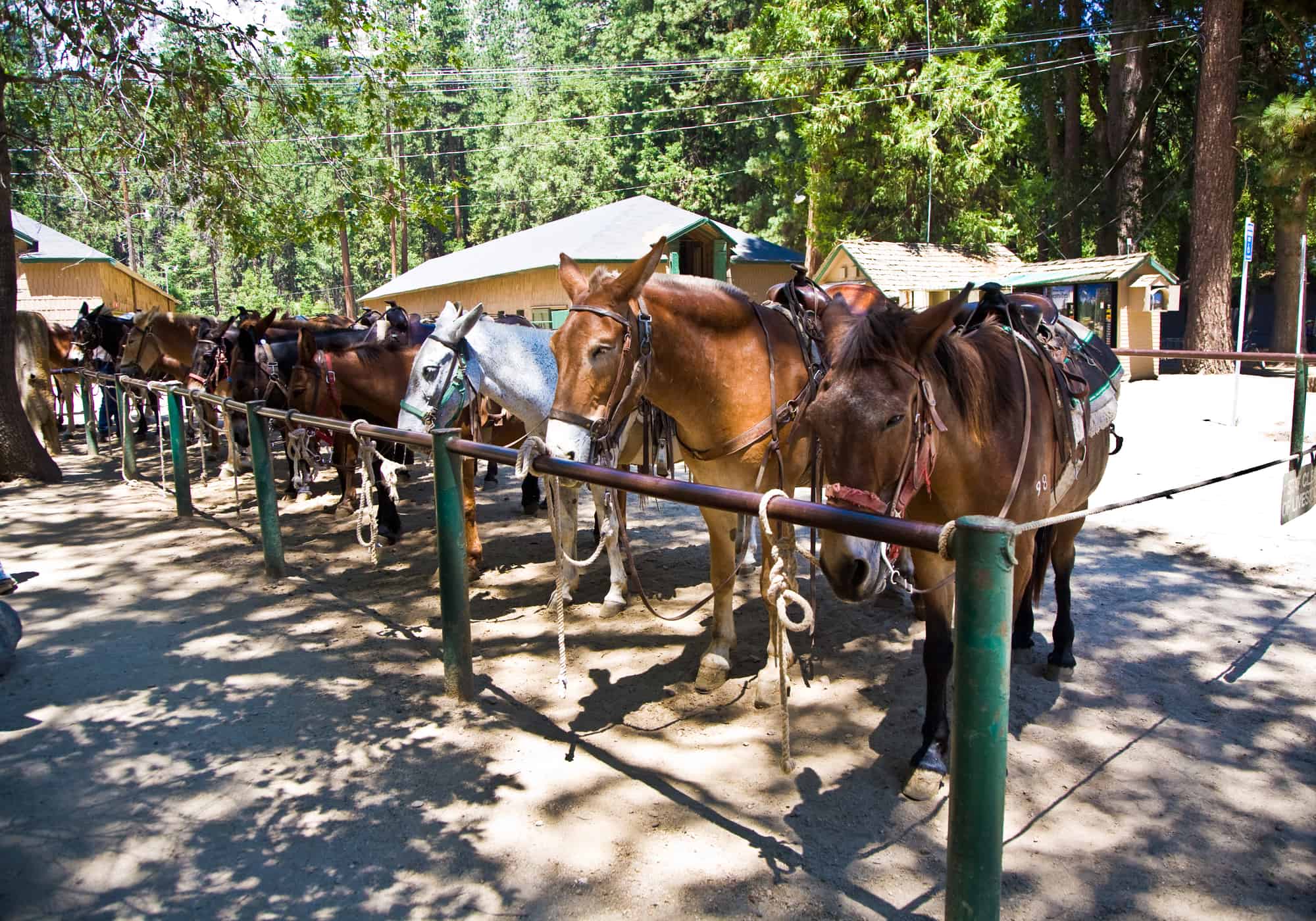Contents
Leasing a horse can be both an exciting and daunting experience. If you’ve ever wondered about the cost associated with such a venture, you’re in the right place. In this article, we will explore the various factors that contribute to the cost of leasing a horse, from the initial fees to the monthly expenses. Whether you’re a seasoned equestrian looking to expand your equine family or a beginner eager to dip your toes into the world of horse ownership, understanding the financial commitment involved is essential. So, let’s saddle up and discover the fascinating world of leasing a horse and its associated costs.
Factors Affecting Horse Leasing Costs
Leasing a horse can be a great option for individuals who want to enjoy the benefits of horse ownership without the long-term commitment and financial responsibilities. However, before deciding to lease a horse, it is important to consider the various factors that can affect the leasing costs. Here, we will explore the different aspects that influence horse leasing costs, including the type of lease, lease duration, breed and age of the horse, training and experience, location, and additional services.

Type of Lease
The type of lease you choose will significantly impact the cost of leasing a horse. There are three main types of leases: full lease, partial lease, and shared lease. A full lease involves exclusive use of the horse, where you will be responsible for all costs associated with its care and maintenance. This type of lease usually comes with a higher price tag. On the other hand, a partial lease allows you to share the horse with another individual, splitting the costs and responsibilities. Lastly, a shared lease involves multiple individuals leasing the same horse, further reducing the financial burden on each participant.
Lease Duration
The duration of the lease is another crucial factor affecting the leasing costs. Short-term leases, ranging from a few weeks to a few months, usually have higher monthly fees compared to long-term leases that extend up to a year or more. A longer lease duration often provides more stability and can result in lower monthly costs, making it a preferable option for those seeking a more extended commitment.
Breed and Age of Horse
The breed and age of the horse can also influence leasing costs. Horses of different breeds, such as Thoroughbreds, Warmbloods, or Arabians, vary in their initial purchase price and ongoing maintenance expenses, impacting the lease fee. Additionally, younger and well-trained horses often command higher leasing fees due to their potential and level of experience. However, it is important to note that older and less experienced horses can still be suitable for specific riding or recreational purposes and may come with a more affordable price.
Training and Experience
The training and experience level of the horse also play a significant role in determining the leasing costs. Well-trained horses with competition experience or specialized skills, such as dressage or jumping, are typically in high demand and command higher lease fees. However, if you are a beginner rider or do not require a highly trained horse, you may be able to find a lease at a more affordable rate.
Location
The location in which you are leasing a horse can impact the costs as well. Different regions or areas may have varying horse-related expenses, including boarding costs, veterinary services, and supplies. Areas with a higher cost of living or a general higher demand for horses may have increased leasing costs compared to more rural or less populated areas. It is essential to consider the location’s impact on overall affordability before finalizing a lease agreement.
Additional Services
Additional services provided by the lessor can also affect the leasing costs. Some lessors include additional services, such as regular riding lessons, training sessions, or access to specific facilities and amenities, in their lease agreements. While these services can enhance your leasing experience, they often come at an extra cost. Therefore, it is important to evaluate the value of these additional services and assess whether they align with your needs and budget.
Initial Costs
Before diving into the ongoing expenses, it is important to understand and budget for the initial costs involved in leasing a horse. These initial costs typically include the lease fee, security deposit, and insurance.
Lease Fee
The lease fee refers to the amount you pay to lease the horse for a specific duration. This fee varies based on factors such as the type of lease, horse breed, age, training, and geographic location. It is crucial to clarify the lease fee with the lessor before entering into any agreements to ensure it matches your budget and expectations.
Security Deposit
Just like renting a property, leasing a horse often requires a security deposit. This deposit serves as protection for the lessor in case of any damages or unforeseen circumstances. The amount of the security deposit can vary, but it is typically equivalent to one or two months’ worth of lease fees. It is essential to discuss the security deposit terms with the lessor to understand how and when it will be returned, as there may be deductions for any damages or outstanding expenses.

Insurance
Insurance is another important consideration when leasing a horse. The lessor may require lessees to obtain equine insurance to protect against any potential accidents, injuries, or liabilities that may arise during the lease period. The cost of insurance will depend on various factors, including the horse’s value, intended use, and desired coverage. It is crucial to consult with insurance providers to ensure you have adequate coverage that fits within your budget.
Ongoing Costs
Leasing a horse involves ongoing costs that you must account for in your budget. These costs typically include boarding, feed and supplements, veterinary care, farrier services, and equipment and supplies.
Boarding
Boarding fees encompass the cost of housing your leased horse in a stable or facility. The price of boarding can vary significantly depending on the location, facilities, services provided, and the level of care required. Some boarding facilities offer additional amenities, such as pasture turnout, access to riding arenas, or specialized care, which can influence the overall cost. It is essential to research and visit different boarding options to find one that meets your needs and budget.
Feed and Supplements
Proper nutrition is crucial for maintaining the health and well-being of your leased horse. The cost of feed and supplements will depend on the type and quality of feed, as well as any additional nutritional supplements required. Different horses have unique dietary needs, and it is important to consult with professionals, such as equine nutritionists or veterinarians, to determine the appropriate feeding regimen and select cost-effective options.
Veterinary Care
Regular veterinary care is necessary to ensure the health and preventive care of your leased horse. This includes routine vaccinations, dental exams, deworming treatments, and general health check-ups. The cost of veterinary care can vary based on the region, the horse’s specific needs, and any potential emergencies. It is important to budget for routine veterinary expenses and consider investing in equine health insurance to help mitigate unexpected costs.

Farrier Services
Regular hoof care from a trained and experienced farrier is essential for overall horse health and soundness. Farrier services include trimming, shoeing, and corrective or therapeutic hoof care. The cost of farrier services can vary based on the specific requirements of the horse, the skill level of the farrier, and the location. It is crucial to schedule regular appointments with a reliable and skilled farrier to ensure ongoing hoof care and address any potential issues promptly.
Equipment and Supplies
Leasing a horse often requires the purchase of various equipment and supplies to properly care for and ride the horse. This may include items such as saddles, bridles, grooming tools, blankets, and riding attire. The cost of equipment and supplies can vary depending on the quality, brand, and specific needs of the horse and rider. It is essential to budget for these expenses and invest in high-quality equipment that will enhance both the comfort and safety of you and your leased horse.
Optional Costs
Apart from the ongoing expenses, there are optional costs that you may incur based on your specific equestrian goals and activities. These costs may include lesson and training fees, show and competition fees, transportation, and lease termination fees.
Lesson and Training Fees
If you are looking to improve your riding skills or train the leased horse in a specific discipline, you may choose to invest in lesson and training fees. The cost of lessons and training sessions can vary depending on the instructor’s qualifications and expertise, the frequency of sessions, and the duration of each session. It is important to evaluate your skill level and goals to determine if additional lessons or training are necessary and fit within your budget.
Show and Competition Fees
If you plan to participate in shows or competitions with your leased horse, you must consider the associated fees. These fees usually include entry fees, stabling fees, transportation costs, and any additional expenses related to attending the event. Show and competition fees can vary depending on the level of competition, the discipline, and the location. It is vital to plan and budget for these expenses in advance to ensure you can fully participate in your desired events.

Transportation
Transportation costs should also be considered when leasing a horse, especially if the horse is located in a different area or if you plan to participate in shows or events that require travel. Transporting a horse can be expensive, especially for long distances or international travels. The cost of transportation will depend on various factors, such as the distance, transportation method (trailering or air transport), and any specific requirements for the horse’s safety and comfort. It is important to research transportation options, obtain quotes, and include these expenses in your budget calculations.
Lease Termination Fees
Lease termination fees may apply if you choose to end the lease agreement before its scheduled duration. These fees can vary depending on the terms outlined in the lease contract and the circumstances surrounding the termination. It is crucial to review the lease agreement carefully and discuss any potential termination fees with the lessor to avoid unexpected financial obligations.
Comparison with Horse Ownership
When considering the costs of leasing a horse, it is important to compare them to the expenses associated with horse ownership. While leasing offers flexibility and reduced long-term commitments, owning a horse entails higher upfront and ongoing costs. Here is a comparison of the main financial factors between leasing and owning a horse.
Upfront Costs
When purchasing a horse, the upfront costs typically include the purchase price or adoption fee, transportation costs, pre-purchase veterinary exams, and any necessary equipment and supplies. These costs can be quite substantial, depending on the horse’s breed, age, training, and overall health. In contrast, leasing a horse usually involves lower upfront costs, such as the lease fee, security deposit, and insurance.
Monthly Expenses
Owning a horse comes with ongoing monthly expenses that can add up quickly. These expenses include boarding, feed and supplements, veterinary care, farrier services, ongoing training, and general maintenance. Additionally, the owner is responsible for any unexpected veterinary treatments or emergencies that arise. Leasing a horse, on the other hand, typically involves paying a monthly lease fee that covers many of the ongoing costs, although additional expenses such as boarding, feed, and veterinary care may still apply.

Responsibilities and Commitment
Owning a horse requires a significant level of responsibility and commitment. Owners must ensure their horse receives proper care, attention, and exercise on a daily basis, regardless of weather conditions or personal circumstances. In contrast, leasing offers a more flexible arrangement, where the level of responsibility and commitment can be negotiated with the lessor based on the type of lease and the horse’s specific care needs.
Flexibility
One of the main advantages of leasing a horse is the flexibility it provides. Leasing allows you to experience horse ownership without the long-term commitment. If your circumstances change or you decide horse ownership is not for you, you can end the lease at the agreed-upon terms. This flexibility allows you to explore different horse breeds, training levels, and disciplines without being tied down to a single horse. In contrast, horse ownership comes with long-term obligations and requires careful consideration before making the commitment.
Financial Considerations
Leasing a horse requires careful financial planning to ensure the ongoing costs are affordable and manageable. Here are some key financial considerations to keep in mind when leasing a horse.
Budgeting
Budgeting is a crucial step in determining the affordability of horse leasing. It is essential to have a comprehensive understanding of all the potential costs associated with leasing a horse and allocate appropriate funds to cover these expenses. Creating a detailed budget will help you prioritize your spending, identify areas where you can potentially save money, and ensure you have financial stability throughout the lease period.
Evaluating Affordability
Before committing to a horse lease, it is important to evaluate your personal financial situation and determine whether leasing expenses fit within your budget. Consider your income, existing financial obligations, and long-term financial goals. It may be beneficial to consult with a financial advisor or accountant who specializes in equestrian-related finances to get a comprehensive understanding of the affordability of horse leasing.
Hidden Expenses
When leasing a horse, it is crucial to consider the potential hidden expenses that may arise. These can include unexpected veterinary treatments, equipment repairs or replacements, increased boarding fees, or additional services not initially accounted for. It is essential to have a contingency fund or emergency savings to cover these unexpected expenses and reduce any financial strain that may occur during the lease period.
Finding Lease Opportunities
Once you have evaluated the financial aspects and decided to lease a horse, the next step is finding suitable lease opportunities. There are several avenues to explore when searching for horse lease opportunities.
Local Stables and Riding Schools
Local stables and riding schools often have information about horses available for lease. They may have in-house leasing programs or be aware of horse owners looking to lease their horses. Visiting these facilities, speaking with trainers, and participating in their programs can provide valuable connections and lease opportunities.
Online Platforms
Online platforms dedicated to equestrian activities and horse-related services can be a valuable resource for finding horse lease opportunities. Websites and forums dedicated to equestrian communities often have classified sections where individuals post ads for horse leasing. Be sure to carefully vet any potential lessors and arrange for in-person meetings or visits to ensure the lease agreement is suitable for both parties.
Word-of-Mouth and Networking
Word-of-mouth and networking within the equestrian community can be an effective way to find lease opportunities. Informing friends, trainers, or other horse enthusiasts about your interest in leasing may lead to potential leads and connections. Attending horse events, shows, or competitions can also provide networking opportunities and allow you to connect with horse owners or trainers who may be considering leasing their horses.
Negotiating a Lease Agreement
When you find a potential lease opportunity, it is essential to negotiate a lease agreement that meets your needs and protects both parties involved. Here are some key aspects to consider when negotiating a lease agreement.
Terms and Conditions
Clearly define the terms and conditions of the lease, including the lease duration, the responsibilities of both parties, and any limitations or restrictions. Be specific about your expectations and ensure they align with the lessor’s requirements. Address any special requests or considerations, such as access to specific facilities, training sessions, or showing opportunities.
Contract Length
Discuss and agree upon the duration of the lease. For short-term leases, outline the specific start and end dates, while long-term leases may require periodic reviews or renewal options. Clearly state any notice requirements for lease termination and ensure both parties have a thorough understanding of these terms.
Responsibilities and Liabilities
Define the responsibilities and liabilities of both the lessor and lessee in the lease agreement. Outline the care and maintenance expectations, including feeding, grooming, bedding, and exercise routines. Clarify the responsibilities regarding veterinary care, farrier services, and any additional services provided by the lessor. It is imperative to address liability and insurance coverage, making sure the lessee adheres to safety protocols and understands their responsibility in case of accidents or injuries.
Renewal and Termination
If applicable, discuss the option for lease renewal or extension and include the terms in the lease agreement. Ensure both parties have a clear understanding of the renewal process and any potential conditions or modifications that may apply. Additionally, if either party wishes to terminate the lease before its scheduled end date, outline the notice requirements and any associated fees or penalties.
Important Questions to Ask
Before finalizing a lease agreement, it is crucial to ask important questions to gather relevant information and ensure a successful leasing experience. Here are some key areas to inquire about:
Lease Details
- What is the lease fee and payment schedule?
- Is a security deposit required?
- What services or amenities are included in the lease fee?
- Are there any additional costs not mentioned in the agreement?
Horse’s History and Health Records
- Can you provide information about the horse’s breed, age, and training history?
- Has the horse had any previous injuries or health issues?
- Are there any specific care or maintenance requirements for the horse?
- How frequently will the horse require veterinary check-ups or treatments?
Facility and Care Details
- What are the boarding arrangements and facilities available?
- Is there adequate turnout space for the horse?
- How often are stalls cleaned, and what type of bedding is used?
- What feed and supplements does the horse require, and is that included in the lease fee?
Insurance and Liability Coverage
- Who is responsible for obtaining insurance coverage?
- Are there any limitations or exclusions on liability coverage?
- What is the process for handling accidents or injuries involving the horse?
- Are there any safety protocols or guidelines that must be followed?
Conclusion
Leasing a horse can be a rewarding experience that allows individuals to enjoy the benefits of horse ownership without the long-term commitment and financial responsibilities. Before entering into a lease agreement, it is essential to consider the factors that influence horse leasing costs, such as the type of lease, lease duration, breed and age of the horse, training and experience, location, and additional services. By thoroughly understanding the costs involved and evaluating your personal financial situation, you can make an informed decision and ensure a successful leasing experience. Remember to negotiate a lease agreement that suits your needs, ask important questions, and prioritize the well-being and care of the leased horse. With proper planning, leasing a horse can be a fulfilling and enriching experience that allows you to enjoy the joys of horse ownership on your terms.










